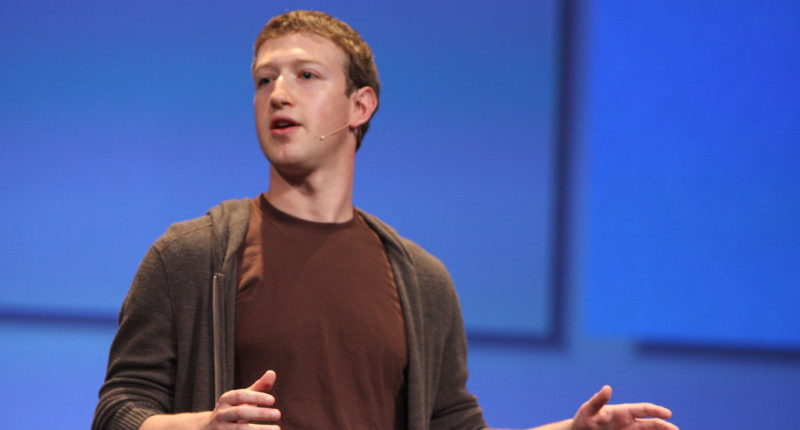You cannot talk about ads on the internet and not mention Facebook. The social media platform, which has become one of the biggest conglomerates on the planet, achieving a trillion dollar valuation, is the king of the advertisement business, earnings billions every quarter. However, with the recent outrage regarding ad tracking, many are growing wary of Facebook’s business model, which is why the company has been pushing new products, most notable of them being VR headsets.
However, Facebook is not a one trick pony, and as part of its ‘metaverse‘, the Mark Zuckerberg led corporation is looking to enter the smart glasses business, in partnership with Ray-Ban.
This is a huge announcement for those who have been looking for a decent looking pair of smart glasses for years. Up until now, most of the products on the market are either not good looking, or just not smart enough to compete with your standard smartphone. However, with the new Facebook glasses, that’s about to change.
Not only with the new glasses retain the super popular Ray-Ban look, but also act as a smartphone on its own. Not only will you be able to see streams and get your daily dose of information, the glasses will also allow you to take calls, like a normal smartphone does.
This will be especially helpful for the ‘metaverse’ goal that Mark Zuckerberg promised during the company’s earnings call today, which aims to make Facebook more than just a social media platform. You will be able to hang out with your friends, live and work as you do in real life, and teleport between worlds right on the platform, if the founder’s words are to be believed.
Having a device like this can help bridge the gap between smartphones and a metaverse like this.
“Our business model isn’t going to primarily be around trying to sell devices at a large premium or anything like that because our mission is around serving as many people as possible,” Zuckerberg noted. “So we want to make everything that we do as affordable as possible, so as many people as possible can get into it and then compounds the size of the digital economy inside it. So that’s kind of at a high level how I’m thinking about this.”
The Tech Portal is published by Blue Box Media Private Limited. Our investors have no influence over our reporting. Read our full Ownership and Funding Disclosure →






